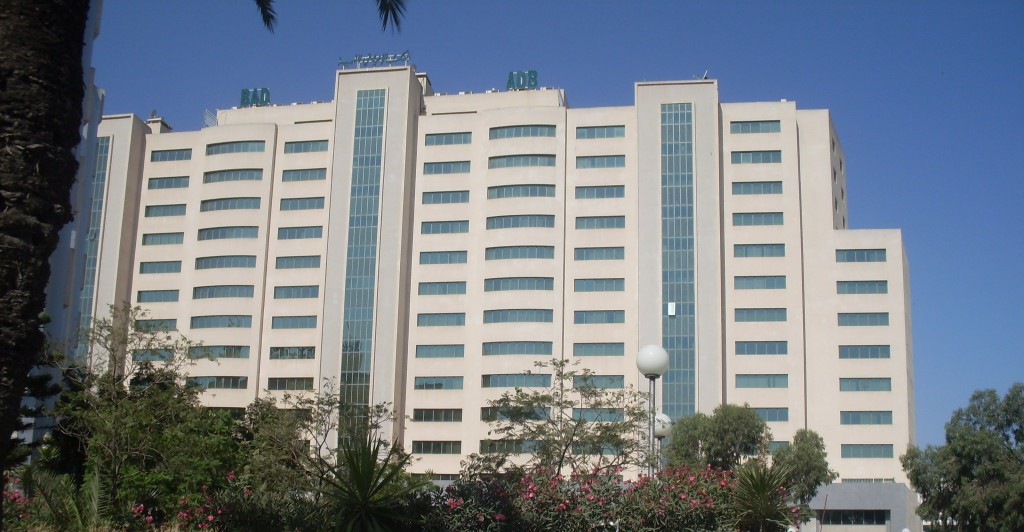Moody Rating Agency has said that like their global peers, multilateral development banks based in Africa1 will be called on to do more to help the region recover from the pandemic amid tighter funding conditions, and address rising food and energy prices triggered by Russia’s invasion of Ukraine. It said that for most, however, robust capital positions, shareholder support and healthy liquidity positions reduce credit risks arising from the region’s challenging operating environment.
According to Moody, “lending growth will be concentrated among MDBs able to raise equity. Most of the African MDBs we rate kept leverage levels stable during the pandemic by reallocating rather than increasing lending. Additional lending will be concentrated among those MDBs who have already or expect to raise capital from shareholders like African Finance Corporation, African Export- Import Bank and West African Development Bank. Some pressure on asset quality is likely. Associated credit risks are greatest for those MDBs whose loan portfolios are more exposed to a deteriorating operating environment like African Local Currency Bond Fund, BOAD, Eastern and Southern African Trade and Development Bank, and ECOWAS Bank for Investment and Development Bank.
“Conversely, asset performance at Arab Bank for Economic Development in Africa is on an improving trajectory as a result of improved risk management policies. Some liquidity buffers are narrower than for global peers, but have been bolstered over the past year especially at TDB and EBID. Diversified and low-cost funding and a track record of access to international capital markets reduces liquidity risks for most of the region’s MDBs. Exposure to ESG risks vary. Our ESG credit impact scores range from “positive” for African Development Bank to a “highly negative”for EBID. AfDB’s positive assessment on governance and social indicators and members’ strong support for its development policy mandate underpins its strong scores. By contrast, governance challenges and larger lending exposures to countries facing greater environmental risks inform EBID’s weaker score.

